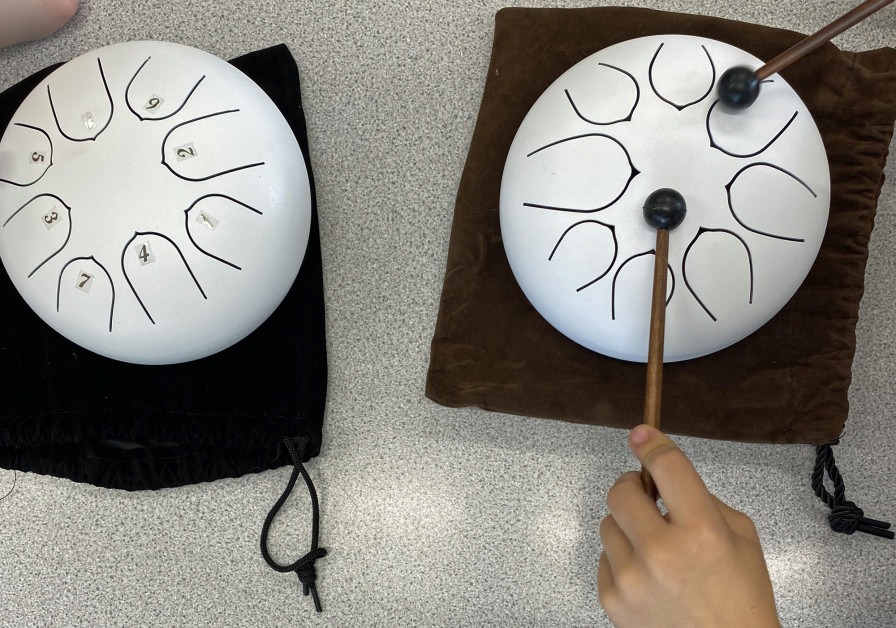Music Makes Lives Better Because... it supports the mental health of children during COVID

As children and young people return to normal school systems, there are many in need of extra support during the COVID-19 pandemic.
As you can easily imagine, very young children found being separated from their friends and teachers hard. Online learning doesn’t fill the gaps when you’re 5; it’s hard enough when you’re 15…
In Early Years, teachers spend a lot of time working on behaviour – co-operating with others, taking turns, when to sit, listen, work and play. Children have been missing out on learning these skills, either (currently) due to disruption if someone in their class catches COVID and they must isolate once again, or (last year and into early 2021) during the various, necessary UK lockdowns. Teachers are clearly doing their best, but in-person learning is undoubtedly the most effective way to encourage children to work alongside each other in positive ways; to share, to co-operate and to be mindful of one another. Support that we need now more than ever after the shock and fallout of a global pandemic.
Last week, we were working with primary aged children in North Yorkshire, using music (some simple but inventive musical activities) to build co-operation, confidence, social and communication skills in the young people there. Rebecca Denniff planned and led the sessions, finding ways to develop personal and social skills through music-making.
Rebecca invited the young people themselves to create rules for their music so they could work together effectively. She led them in finding and investigating different voices (high, low, quiet, speaking, singing, and animal voices), finding pitch, tempo and rhythm to work together. They took turns to be the ‘leader’ showing the actions for a song. They worked in small groups to create and perform a ‘musical conversation’ using small metal gong drums with each group making their own signals for start, stop, and the length of their piece. They were invited to choose the final song for the session and discuss what to do next week.
At YY&M, we know that music-making can play a large part in developing these vital skills much more quickly and effectively, often with lasting results. Even when children have been affected by collective trauma, music-making brings them together, utilises both their physical and mental agility at the same time (which helps with their mental health) and allows them to express how they feel in ways that don’t put them on the spot.
An added bonus finds the school located in beautiful North Yorkshire countryside, and the children at the school were encouraged to spend time music-making both indoors and out, again as a way to support better stability in their mental and physical health going forwards.
Read more about our work with Music and Mental Health for children and young people, or check out some of the brilliant activities Rebecca has created for young people on our YouTube channel.
-----
‘Music Makes Lives Better’ is Yorkshire Youth and Music’s slogan, and is fitting for the work we do with children in challenging circumstances. Music is obviously important for human connection the world over; it is a language that is truly universal. Our series of articles titled ‘Music Makes Lives Better because...’ digs deep each month into the reasons we do what we do here at YY&M. We look at music education from a unique perspective and invite you, our readers, to explore these ideas with us. Please visit www.yym.org.uk to find out more about what we do.

